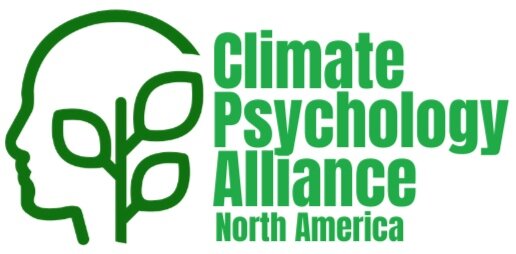Panel conversation that explores links between eco-fascism, right-leaning climate anxiety, the buffalo shootings and Roe v Wade
Date: Friday, June 10, 2022
Time: 7:00pm - 9:00pm EST
Location: Online
About this event:
Within the last month, two era-defining events took place in the United States. First, the Supreme Court signaled its intent to dramatically cut women's reproductive freedom. Second, a white supremacist murdered 10 Black people in Buffalo, New York, drawing on racist "replacement theory" and eco-fascist ideas regarding immigrants. These events are devastating in their own right, but they also have profound climate and environmental justice implications. As research tells us, climate change impacts women more than men and gender and reproductive inequities make it much harder for societies to adapt to climate change collectively and democratically. Too, because of environmental racism, the Tops grocery store in Buffalo was located in a food desert; it was therefore a key community gathering spot and an easy target for a violent right winger who experienced, among other things, white climate anxiety. These are dangerous trends.
Join us for a panel conversation and Q and A discussion that explores the links between these issues, their connection to the climate crisis and the psychological underpinnings that drive these trends.
Speakers:
Betsy Hartmann is professor emerita of Development Studies at Hampshire College in Amherst, MA, USA. She is the author of Reproductive Rights and Wrongs: The Global Politics of Population Control and The America Syndrome: Apocalypse, War and Our Call to Greatness, as well as two novels about the Far Right. Her research, writing, and advocacy focus on the political nexus between population, environment, climate, migration and security concerns, including the role of ecofascism. Betsy Hartmann
Sarah Jaquette Ray is Chair and Professor of Environmental Studies at Cal Poly Humboldt. She researches and teaches on climate justice, the environmental humanities, and climate emotions. Her recent book, A Field Guide to Climate Anxiety: How to Keep Your Cool on a Warming Planet, explores the role of emotions in climate justice activism. She is co-editing an edited collection for educators called An Existential Toolkit for Climate Justice Educators, and has developed a workshop to help educators bring the science of emotions into environmental education, called the Climate Wisdom Lab. She speaks extensively on climate justice and emotions, and has written for the LA Times, The Scientific American, The Cairo Review of Global Affairs, Zocalo Public Square, and other venues.
Jade S. Sasser, PhD is an Associate Professor in the Department of Gender & Sexuality Studies at UC Riverside. Her work explores the intersectional impacts of climate change on women’s bodies, health, rights, and reproductive justice. Her award-winning book, On Infertile Ground: Population Control and Women’s Rights in the Era of Climate Change, was published in 2018 by NYU Press. Sasser is currently researching the role of race in climate change-related emotions and mental health impacts, as well as how it shapes the desire to have children.
Dr Blanche Verlie, Postdoctoral Research Fellow at the Sydney Environment Institute. Blanche is an uninvited settler living on stolen Gadigal Country in Sydney Australia. Her work investigates how people understand, experience and respond to climate change, with a focus on young people, climate anxiety, and justice. You can find her book Learning to Live with Climate Change: From Anxiety to Transformation available as a free e-book here, and find her on Twitter @BlancheVerlie
Rebecca Weston, LCSW and JD lives in the metro-New York area and is a practicing clinician and Co-President of the Climate Psychology Alliance of North America. In this capacity, Rebecca organizes and provides support for climate aware mental health clinicians. She speaks frequently about the mental health impacts of the climate crisis, the varied ways in which climate mental issues are interwoven with systems of inequity, the psychological underpinnings of climate denial and the need to open compassionate space for people to engage their emotions and step forward into action.

